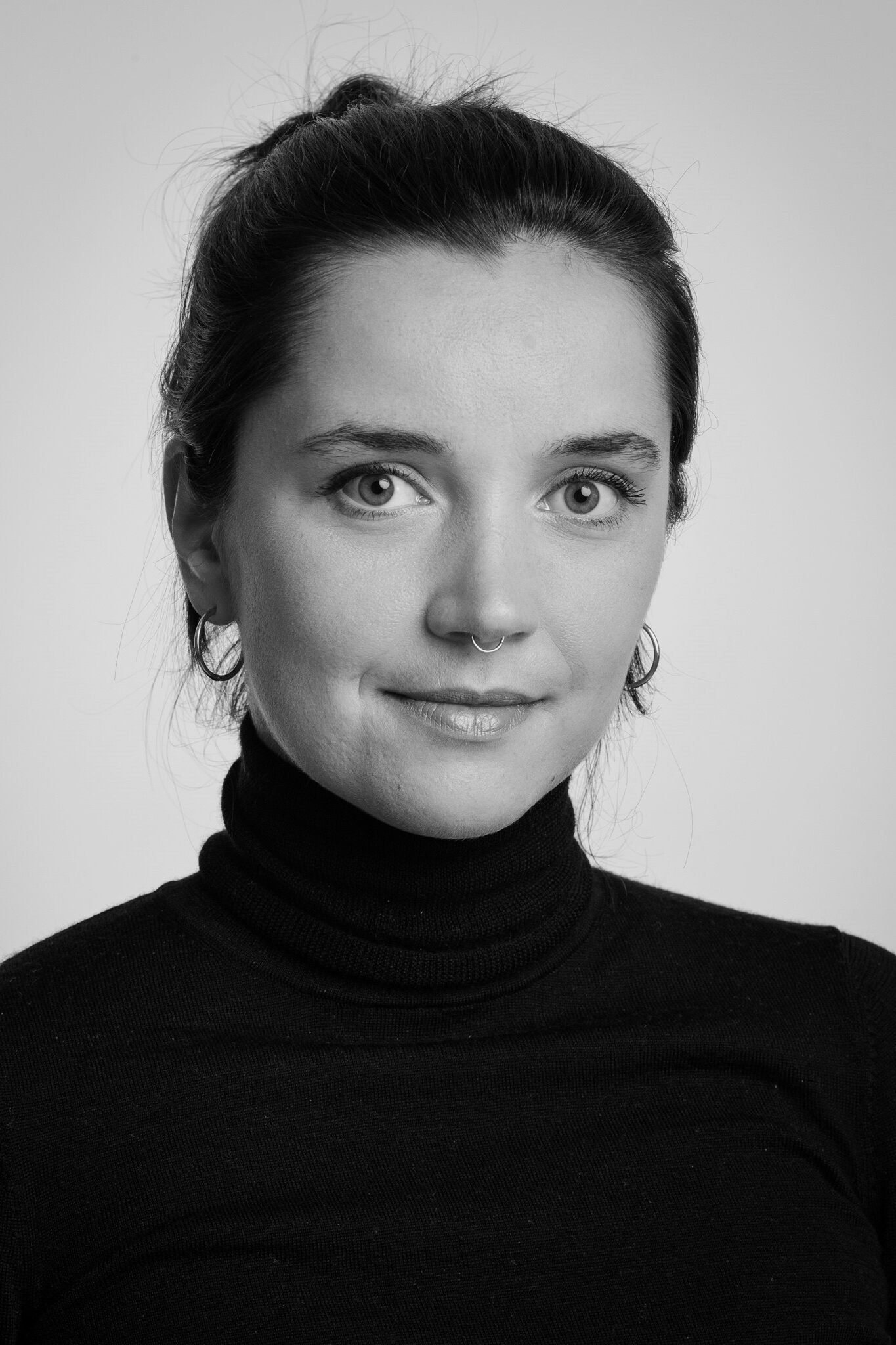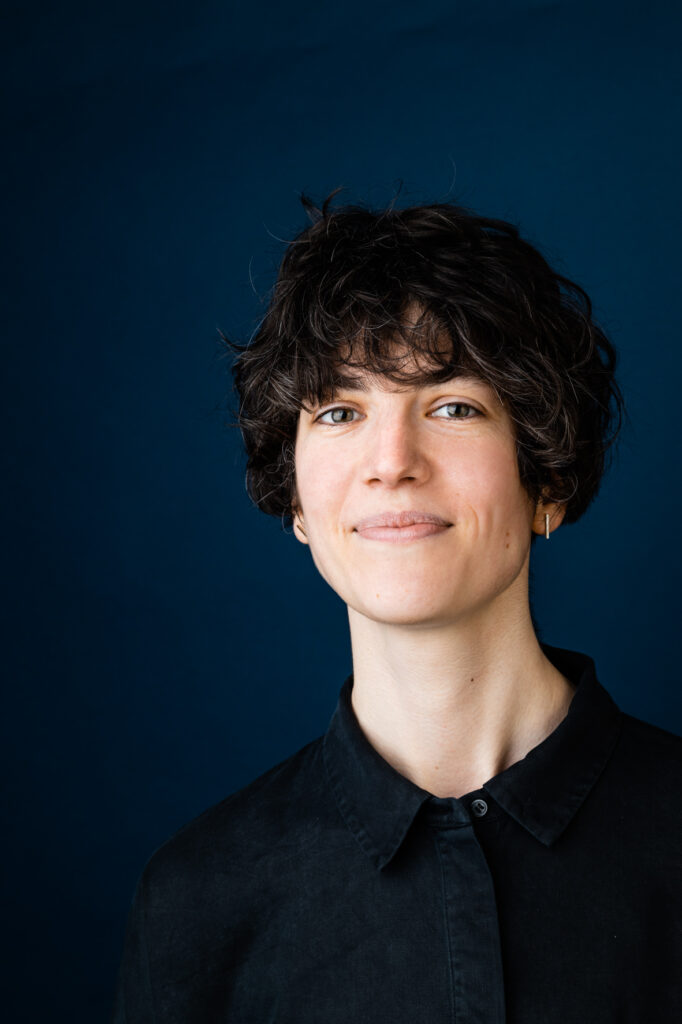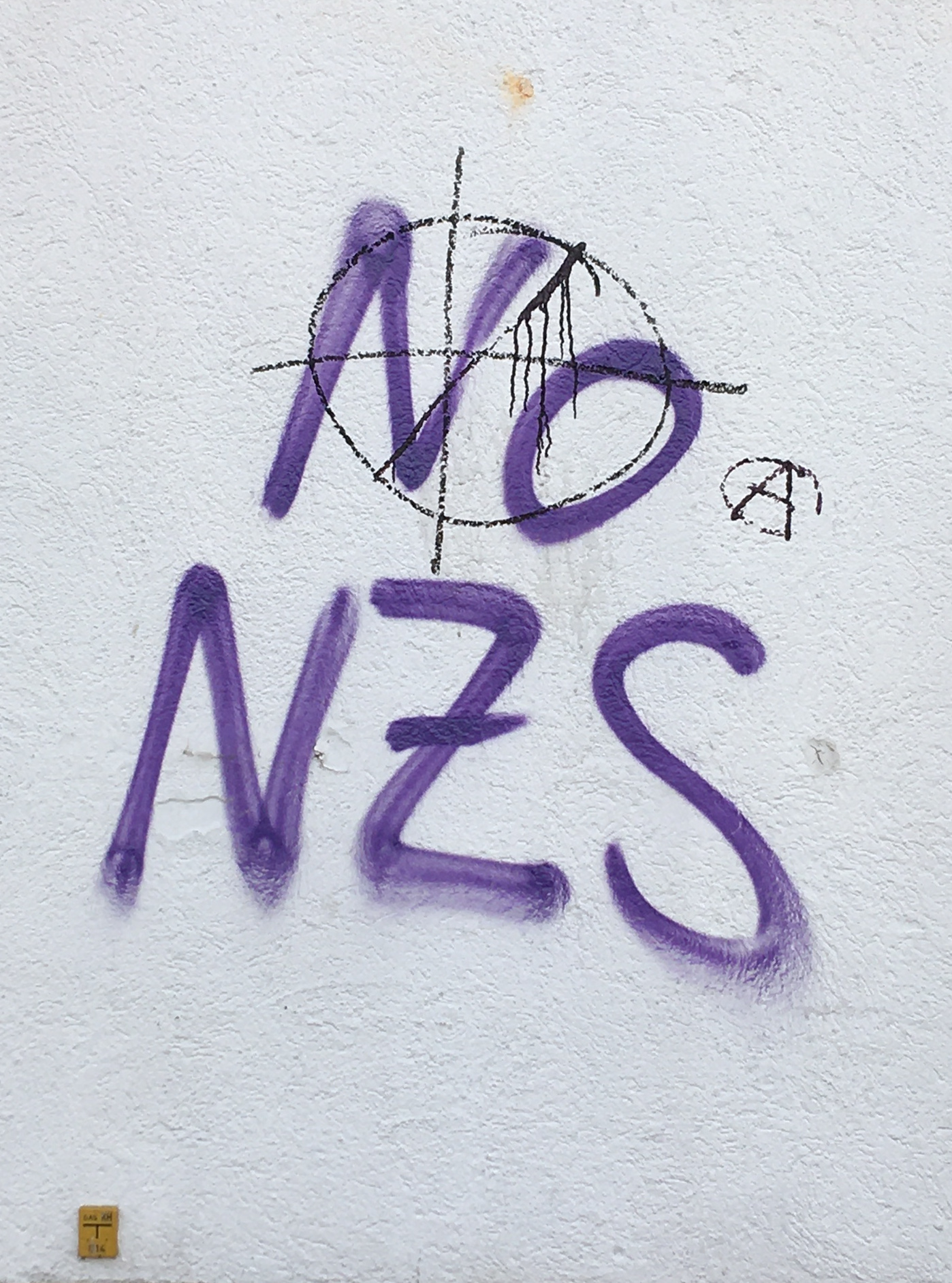Tune in for our new episode on the far-right and the city! In this discussion, members of the Terra-R (Territorialisations of the Radical Right) network examine the developments of the radical right in Germany beyond simplistic urban-rural and East-West attributions, and outline the current and future challenges for academia and civil society alike.
The aim of Terra-R is to analytically bring together two different forms of territorialisation: they understand the radical right both as an actor and as an object of territorialisation. Thus, they explore territorialisation on the part of the radical right, i.e. through everyday practices of appropriating, controlling or changing the attribution of meaning to spaces. Examples of this are the systematic acquisition of real estate and the practice of so-called settlement movements, as well as the creation of „spaces of fear“ and the associated displacement of democratic civil society in cities and municipalities. This also includes the construction of a right-wing „culture of memory“ and myth-making. On the other hand, we are concerned with territorialisation with regard to the radical right, i.e. with spaces of its successes and failures, especially with regard to social, discursive, political-economic and affective environments and contexts of emergence of right-wing movements. Examples are strongholds of the electorate of right-wing parties, as well as their demonstrations and campaigns, which once again become very clear in protests against Corona measures.
Episode transcript
Hosts:

Felicitas Kübler
is a PhD candidate at the University of Klagenfurt. Her work focusses on the public memorialization of National Socialism, the Frankfurt School, and antifascist counter geographies.

Anke Schwarz
is an interim associate professor of Human Geography at Heidelberg University, and a founding member of the Terra-R network. Her research focuses on political geography, urban futures, and geographies of speculative and science fiction. Her work has been published in several edited volumes as well as in Geographica Helvetica, ephemera, the International Journal of Urban and Regional Research, and Progress in Human Geography. https://ankeschwarz.net/
Guests:

Valentin Domann
is a researcher at the Geography Department of Humboldt-Universität zu Berlin and a founding member of the Terra-R network. His PhD research critically analyzes the spatial dimensions of the far right, with a particular focus on rural and peri-urban spaces in Brandenburg, Germany. The study focuses on the scalar and spatio-temporal entanglements of local far-right politics not only to better understand the phenomenon but also to help develop effective counter-strategies.

Daniel Mullis
is a human geographer and Senior Researcher at the Leibniz Peace Research Institute Frankfurt (PRIF) in Frankfurt am Main. There he heads the DFG-funded project “Everyday Political Subjectivisation and the Rise of Regressive Politics”. He researches far right tendencies in the centre of society. He examines processes of neoliberalisation and the crisis of democracy and analyses urban and social movements. In March, his new book “Aufstieg der Rechten in Krisenzeiten. Die Regression der Mitte“ will be published.

Gala Nettelbladt
is an interdisciplinary urban scholar with a dual background in Social Sciences and Urban Planning. Her current work on the urban politics of far-right contestations in planning and governance processes has recently been published in Territory, Politics, Governance (see here). She is part of the editorial collective sub\urban. zeitschrift für kritische stadtforschung.

Dr. Antonie Schmiz
is Professor of Human Geography at Freie Universität Berlin. Her research focuses on migration in urban contexts of arrival and is inspired by critical and feminist perspectives (see here).

